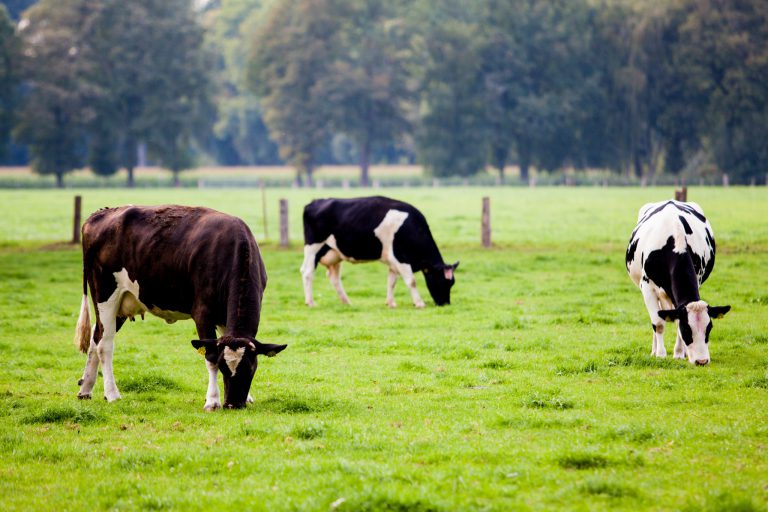
Researchers from the University of Edinburgh, Scotland’s Rural College (SRUC) and the Brazilian Agricultural Research Corporation (Embrapa) have discovered that reducing our consumption of meat may not be as environmentally friendly as many are led to believe.
The report, published this week in the journal Nature Climate Change, that increasing demand for meat provides a meaningful incentive for farmers to maintain grassland and salvage disused pastures. Reducing our meat consumption could remove this incentive, and thus cause harm to the environment.
Reducing meat consumption crucial to limiting climate change to 2 degrees says @ChathamHouse report https://t.co/dUEljAgaU6
— Owen Barder (@owenbarder) November 24, 2015
Contrary to popular belief, research has shown that reducing beef production in the Brazilian Cerrado could actually increase global greenhouse gas emissions.
The report follows a campaign by UK environmentalists, including George Manibot, to lessen the consumption of meat within the country due to ‘damaging’ effects on the environment. In 2009, Sir Paul McCartney and his family also launched the high-profile Meat Free Mondays campaign, urging the public to have one meat-free day each week in an attempt to slow down climate change.
“Much of Brazil’s grassland is in poor condition, leading to low beef productivity and high greenhouse gas emissions from cattle,” says Rafael Silva of the University of Edinburgh’s School of Mathematics and lead author of the report.
“However, increasing demand for meat provides an incentive for farmers to recover degraded pastures. This would boost the amount of carbon stored in the soil and increase cattle productivity. It would require less land for grazing and reduce deforestation, potentially lowering emissions,” adds Silva.
Spiralling demand for meat in China leads to world’s biggest cloning facility for animals https://t.co/6EeAp6Q9Z4 #supplychain
— Katharine Earley (@kat_earley) November 25, 2015
Grasslands are less effective than forests when it comes to storing carbon, but grass found in Brazil tends to have longer roots than those found in Europe, and therefore has a much greater capacity for storing carbon.
Higher quality grasslands will lead to more carbon being stored in the soil, which will, in turn, decrease CO² emissions.
New research: halving meat & dairy consumption in EU has health benefits & 25-40% reduction in GHGs from agriculture https://t.co/8WvWWnZVgI
— Eating Better (@Eating_Better) January 14, 2016
“This research rightly focuses on the significant climate change and health benefits of eating grass-fed beef, as opposed to meat from cattle reared in intensive, grain-fed systems,” says Peter Melchett, Policy Director for the Soil Association, an organisation that has actively campaigned to reduce the consumption of meat.
“We strongly agree that rearing and finishing cattle on grass, such as the Brazilian Cerrado, is far better from a climate change point of view than the ploughing of these ancient grasslands to grow crops for feeding intensively-reared livestock.
“We would like to see grass-reared beef and lamb promoted as the more climate-friendly meat option,” he adds.
Additional reporting by FG Insight.
Image via Shutterstock.
Liked this? Then you’ll love these…
Bangor University urges UK citizens to become coastal “citizen scientists”
University scientists uncover new way of determining whether planets can harbour life







